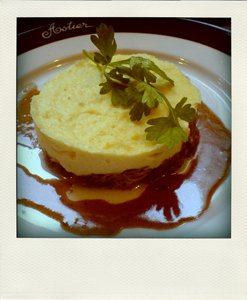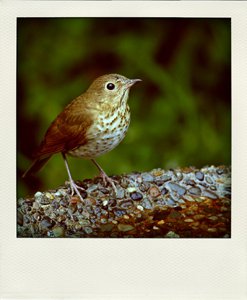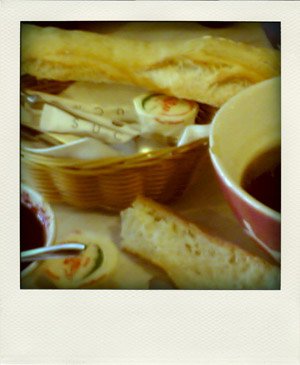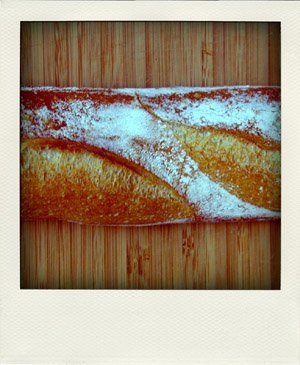
This is part of a series on French idiomatic expressions that relate to food. Read the introductory Edible Idiom post, and browse the list of French idioms featured so far.
This week’s expression is, “Ne pas savoir à quelle sauce on va être mangé.”
Literally translated as, “not knowing what sauce one is going to be eaten with,” it means that one’s prospects are uncertain, not very good, and entirely outside of one’s control. (Any resemblance to global events is purely coincidental.)
Example #1: “L’usine vient d’être rachetée par un groupe étranger et les ouvriers ne savent pas à quelle sauce ils vont être mangés.” “The factory was just bought out by a foreign corporation and the workers don’t know what sauce they’re going to be eaten with.”







